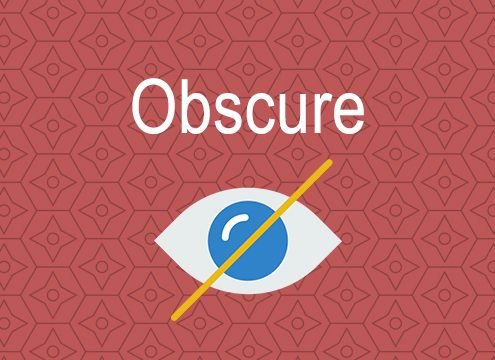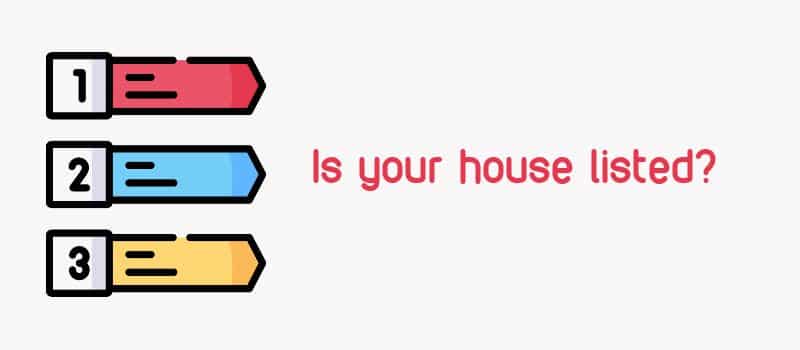This word looks similar to “oscuro”, but is can be a “false friend”. So please note the following.
“Obscure” means “oscuro” in the context of “difficult to see” (difícil de ver), “difficult to understand”, or not well-known (poco conocido). So, is the following sentence correct?
- Ester has obscure brown hair and big obscure eyes.
It is incorrect. The correct option is: Ester has dark brown hair and big brown eyes. “Obscure” has no use when it refers to colours or tones (tonos). Obscure does not translate to “dark”. So, is this sentence correct?
- In England it is 4pm and it is already obscure.
Again this sentence is wrong. It should read: …it is already dark. Now some correct uses:
- An obscure politician won the election (ganó las elecciones un político oscuro).
- Mr. Zapatero’s book uses obscure language (…utiliza un lenguaje oscuro).
Obscure can also mean “strange”. The adjective is “obscured” meaning ocultar. Review these examples:
- For some obscure (por alguna extraña razón…) reason Mr. Podemos thinks he can win an election.
- Mr. Sanchez’s article obscures the facts (…oscurece los hechos).
- Mr. Zapatero’s house is obscured by some trees (…esta escondite detrás de unos arboles).










